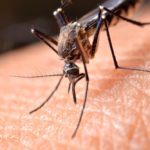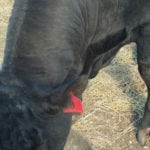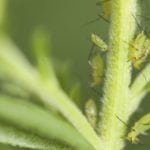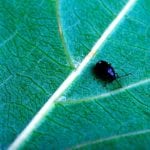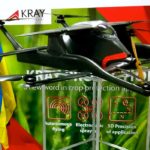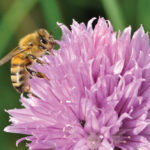Manitoba potato growers may need to get more comfortable with leaf damage. According to Tracy Shinners-Carnelley, vice-president of research and quality with Peak of the Market, growing insecticide resistance in Colorado potato beetles means it’s something they’ll likely see more of. Much like flea beetles in canola, potato producers are being urged to hold off




